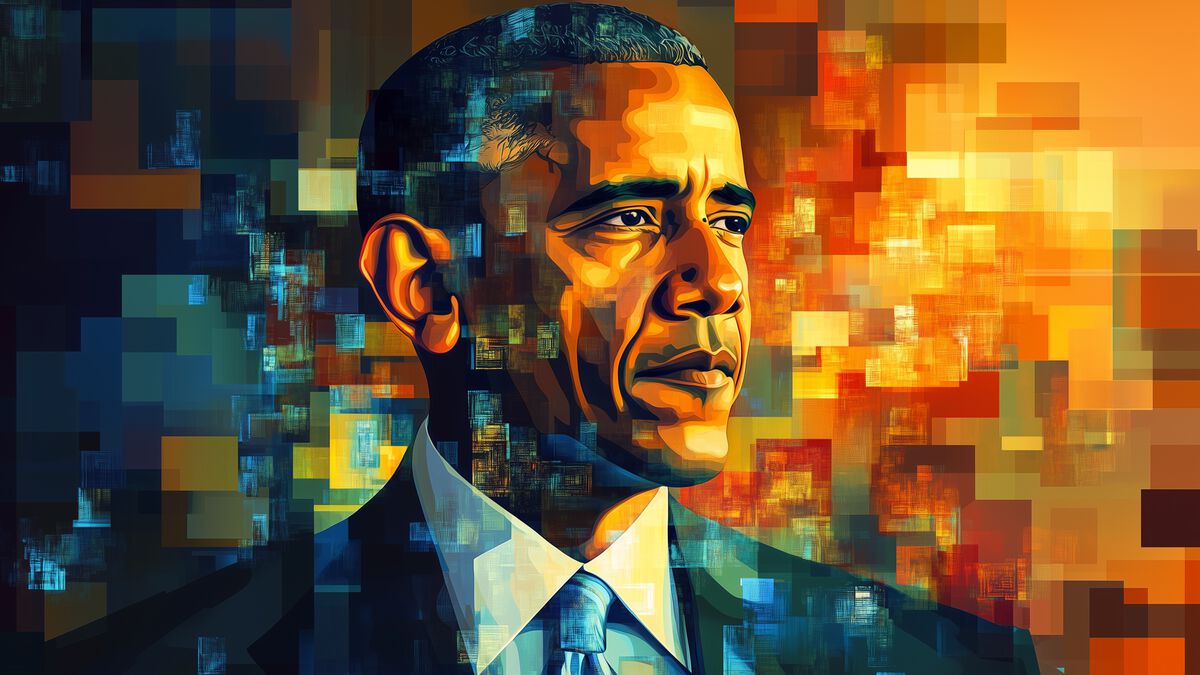Non-Superlative Religious Ideologies
Lincoln Cannon
25 January 2009 (updated 3 January 2026)
Absolutely nothing if not perfectly eloquent, Dale Carrico criticizes Transhumanism as necessarily superlative – depending on exaggerations, absolutes, extremes, determinisms, and so forth. I’ve commented previously on his criticism of Transhumanism.
I agree with his criticism of superlativity as nonsensical and practically detrimental. However, I disagree with his assessment of Transhumanism’s reliance on superlativity. Dale suggests that, without superlativity, Transhumanism is nothing more than his own technoprogressivism, which he describes as a commitment to universal healthcare and pro-choice politics. He’s incorrect.
For all the reasons that criticisms of superlativity do not apply to some theologies, such as those concerned with progressing Gods, the criticisms also do not necessarily apply to Transhumanism. For all the reasons that non-superlative theologies are not necessarily humanism, non-superlative Transhumanism also is not necessarily technoprogressivism.
For good or ill, some ideologies are more powerful than others, precisely because of what Dale considers to be their cult-like attributes. The religious attitude will endure when and where the non-religious attitude will not. The power of the esthetic and the meaning of the myth will move the person that would otherwise halt apathetically.
Superlatives have been and are certainly at play among those of us who are religious. But they are hardly universal.
Most Transhumanists, of course, would not identify themselves as religious persons. Fine. Neither would early adherents to various major ideologies that we now commonly recognize as religions. Whether future persons identify Transhumanists as religious or not, we’re operating with a different esthetic than that espoused by Dale’s technoprogressivism, with or without superlativity.
I don’t know how long and to what extent Transhumanism, or Mormonism, will endure and excel as organizing forces. But I’ll bet on something like them outlasting any ideology that expresses itself most fully in eloquent moderation.



